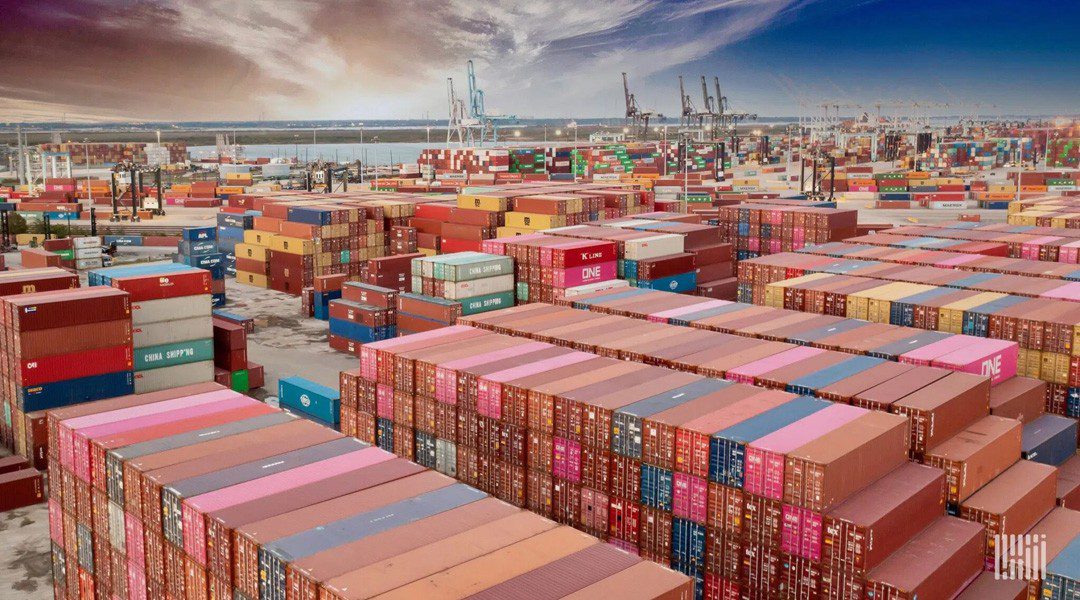U.S. Congressman Alan Lowenthal (CA-47) will lead a Community Town Hall hosted by Pacific Environment and Long Beach Alliance for Children with Asthma on what can be done to end ocean shipping pollution in ports and at sea. Community members are invited to ask policymakers and regulators about existing clean shipping initiatives, as well as what else we can do to end life-shortening ship pollution in Long Beach communities.
Rep. Lowenthal represents the Port of Long Beach – one of the nation’s busiest cargo ports, and an area that is facing extreme pollution from fossil fuel ships. Through the Inflation Reduction Act, Democrats secured billions of dollars for a zero-emission transition at the ports. In July, Rep. Lowenthal introduced the Clean Shipping Act, aimed at zeroing out pollution from all ocean shipping companies that do business with the U.S. This legislation will protect the health of port communities, address environmental injustice and provide solutions to the climate crisis.
In June, joining the city of Los Angeles in calling on the San Pedro Port Complex’s top maritime importers to commit to making all port calls to the complex on 100% zero-emissions ships by 2030. The Port of Long Beach also joined the Ports of Los Angeles and Shanghai and C40 Cities’ Green Ports Forum to create the world’s first transpacific green shipping corridor between ports in the United States and China.
WHEN: Wednesday, August 31, 7:00-8:30 PM PT
WHO:
Speakers: Rep. Alan Lowenthal (CA-47) and Edie Chang, Deputy Executive Officer of Planning, Freight & Toxics Division at the California Air Resources Board.
Moderator: Dr. Joe Lyou, President and CEO of Coalition for Clean Air
WHERE: Hyatt Regency Long Beach, 200 S Pine Ave, Long Beach, CA 90802
HOSTS: Pacific Environment and Long Beach Alliance for Children with Asthma
BACKGROUND:
If ocean shipping were a country, it would be the sixth largest producer of climate pollution globally. At almost 1 billion tons of climate pollution per year, the shipping industry emits roughly the same as all the coal plants in the U.S. combined. The sector could account for 17-18% of all global emissions by 2050 if corrective policies are not put in place. The International Maritime Organization, the United Nations agency that regulates shipping, has set a goal of reducing shipping emissions by at least 50% below 2008 levels by 2050; however, the IMO’s mandate is not aligned with achieving the goal of the Paris Agreement to limit global average temperature increase to 1.5-degrees C and avoid the worst impacts of climate change.
Problematically, international shipping emissions are not falling – they are rising. Global shipping’s climate pollution posted an increase of 4.9% from 2020 to 2021 and was higher than pre-COVID-19 pandemic numbers in 2019, according to Simpson Spence & Young. Around 90% of traded goods are carried over the waves. On its current trajectory, ocean trade is projected to grow by as much as 130% by 2050 over today’s trade volume. In total, about $14 trillion of the world’s goods are moved in containers at some point in the supply chain.
Ships currently rely on the dirtiest fossil fuel in the planet–heavy fuel oil–which contains asthma- and cancer-causing air pollutants including nitrogen oxide, sulfur oxide, and particulate matter. In 2021, ship congestion added diesel particulate matter emissions equivalent to emissions from 100,000 big rig trucks per day. South Coast Air basin is already under extreme nonattainment with the Federal Clean Air Act. This pollution is exacerbating an ongoing public health crisis for Southern California’s port-adjacent communities of West Long Beach, Wilmington, and San Pedro, who face up to 8 years shorter life expectancy than the Los Angeles County average and an increased risk of asthma, lung disease and cancer.
In July 2022, the United Nations declared that every person on the planet has the right to live in a clean, healthy environment. For generations, port communities have suffered the burden of port and ship pollution, and it’s time to right the ship.






